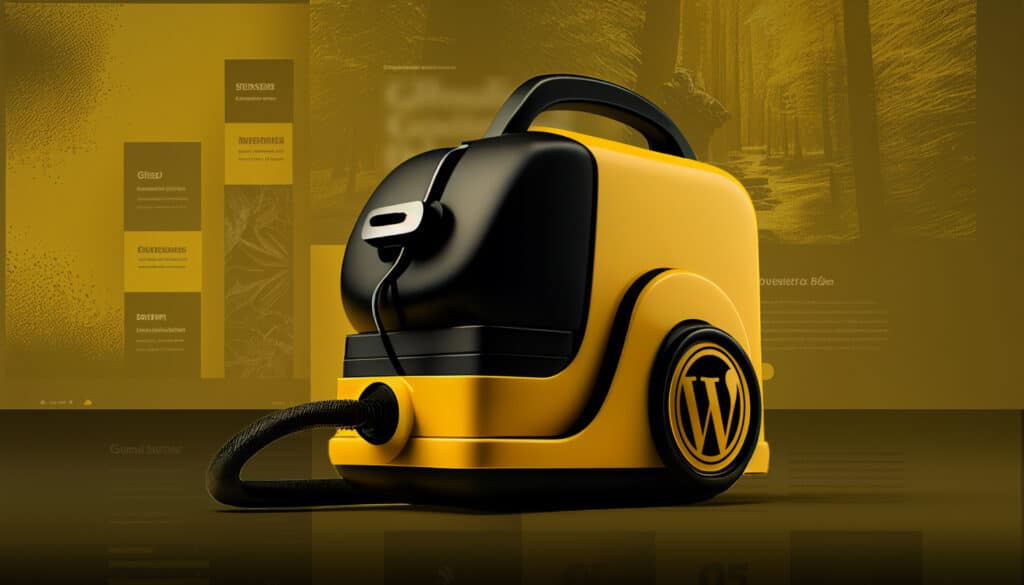

Devstars
WordPress is one of the world’s most popular content management systems (CMS). It powers over 40% of all websites on the internet, making it a dominant force in the online world. But despite its popularity, some believe that WordPress sucks. In this article, we’ll take a closer look at why people say WordPress sucks and whether or not these claims hold any weight.
For clarity, we’ve built hundreds of successful WordPress sites over the years, but we’ve seen a lot of horror stories along the way. Most recently, a client came to us with a site that had over 100 plug-ins installed. So let’s dig in…

There are several reasons why some people think WordPress sucks. Here are a few of the most common:
However, it’s important to note that many of these issues can be addressed with the help of plugins, themes, and other resources.
While there are certainly some valid criticisms of WordPress, there are also many reasons why it’s a great choice for building a website. Here are a few of the benefits of WordPress projects:
Community: WordPress has a huge community of users and developers who contribute to the platform, which means many resources are available for those who need help or advice. WordPress has the biggest pool of developers. However, there is a vast range of skill levels and competencies. Choose carefully; knowing how to install a theme or a plug-in does not make you a WordPress developer.
Several myths about WordPress are simply untrue. Here are a few examples:
While WordPress is a popular and, as we’ve established, strong choice, it is by no means the only option for building websites. Other CMS alternatives cater to various needs, from small businesses to large-scale web development projects. Let’s take a closer look at a few significant alternatives and how they compare to WordPress sites.
When considering these alternatives, it’s crucial to keep in mind your specific needs and capabilities. No one solution fits all, and what works best will depend on your individual project or business requirements.
In conclusion, while there are certainly some valid criticisms of WordPress, it’s also a powerful and flexible platform that can be used to build a wide range of websites. While some users may find it challenging to navigate and maintain, many resources are available to help with these issues.
Ultimately, whether or not WordPress sucks depends on your needs and preferences.
So, the next time you hear someone say, “WordPress sucks”, take a closer look at their reasoning and consider whether or not it’s a valid argument.
Thank you for reading this “Why WordPress Sucks (or Does it?)” article. We hope you found it informative and helpful in making an informed decision about whether or not WordPress is the right choice for your website.
Please get in touch if we can help.
Yes, WordPress is free to use. However, users must pay for hosting, a domain name, and any premium plugins or themes they want to use.
No, you don’t need to know how to code to use WordPress. While some knowledge of HTML and CSS can be helpful, it’s optional.
Yes, WordPress is designed to be SEO-friendly, with features like built-in sitemaps, clean URLs, and easy integration with SEO plugins like Yoast.
Yes, WordPress can be used to build an e-commerce site with the help of plugins like WooCommerce.
Yes, it’s important to update WordPress regularly to ensure the platform runs smoothly and address any security vulnerabilities.
We recommend backing up, have a roll-back plan and test on a dev server. Updates should really be done once a month.
While WordPress is a popular choice, many other CMS platforms may be better suited to certain websites. Researching and comparing different options is important to find the best fit for your needs.
Have a look at platforms like Webflow, Shopify or Squarespace to see what is the best for your business.
Send us a brief message outlining
your project and we’ll get back to
you asap to discuss your project
in more detail.